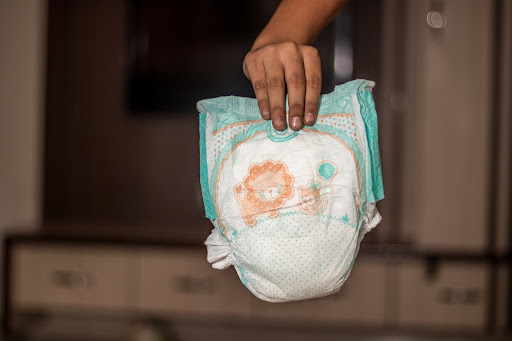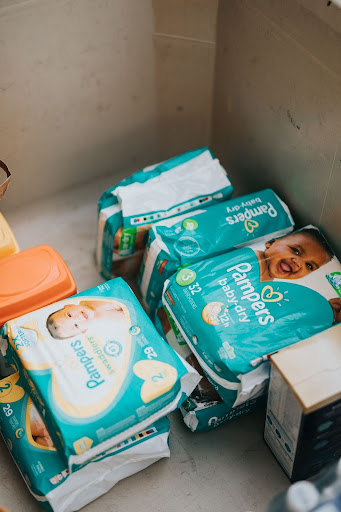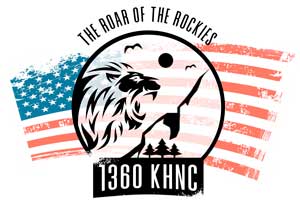
Aurora will soon become the first city in Colorado to exempt diapers from local sales tax since the City Council approved the measure Monday night. The measure passed on a 6-3 vote, with council members Zvonek, Danielle Jurinsky, and Angela Lawson voting against the ordinance. Council member Zvonek said he understood the desire to help residents with rising costs, but he’d prefer a more comprehensive “across-the-board reduction,” rather than what he called a carve-out, to help residents keep more money in their pockets and the city be more competitive.
What Does The New Aurora Ordinance Do?
Council member Curtis Gardner brought forward the ordinance this year after successfully passing a city sales tax exemption on menstrual products he sponsored last year. City research shows that no other city in the state has adopted a measure to exempt diapers from local sales taxes. The ordinance will take effect June 1 and applies to infant diapers as well as adult incontinence products. The ordinance exempts those items from the city’s sales tax of 3.75%. It would cost the city about $575,000 in revenue per year, according to a staff analysis. A statewide measure is also moving through the legislature to exempt menstrual products and diapers from the state sales tax, but that won’t affect local taxes unless councils like Aurora make that change. Denver, for example, already exempts menstrual products from its city taxes.
Why Did Aurora Exempt Diapers From Sales Tax?

In 2019, Aurora-based WeeCycle, which operates a diaper bank program, donated 237,000 diapers to families in need. In 2021, that number shot up to 1.1 million (with support from state funding), “still only scraping the surface of the need that exists in our state,” said Development Director Lindsey Zaback. Many less fortunate families were forced to send their kids to school with napkins or plastic bags taped to them in place of diapers or feminine hygiene products.
When Curtis Gardner heard from school districts and community groups about families who couldn’t afford diapers and menstrual products, he tried to do something about it. “Diapers kind of fall under the same category (as feminine hygiene products) in terms of they’re a necessary product,” Gardner said in an interview. “We exempt groceries, we exempt other medical supplies, and so to me, diapers, are the same kind of thing. …I thought it was a good way to signal that we want to help families in our city.” Seniors on a fixed income who may struggle to buy supplies they need could also be positively impacted by this new ordinance.
Do Conservatives Back the New Aurora Ordinance?
The Aurora ordinance was passed with support from conservative and progressive members of the City Council. However, Gardner says he was “flabbergasted” that he wasn’t able to convince all his fellow conservative members to get on board. “I really don’t understand why there’s pushback on helping families in our city. It’s been pointed out that costs continue to rise. It’s been pointed out that we exempt other products, and yet we are drawing the line in the sand here,” he said. “It seems to me if there was a sales tax cut that came forward for developers I bet you we’d pass that in no time. But for whatever reason, when we have an opportunity to help families in our city, there’s a lot of hesitance to do that.”
Council member Zvonek said, “I don’t believe that this is good policy. It might be good politics, maybe. But I think it’s bad policy.” Is this policy a bad policy? Do you think the new Aurora Ordinance exempting diapers from sales tax will have a negative effect in some way? Would the possible negatives outweigh the good it could do for struggling families and seniors? The only way to know for sure is to watch the situation unfold and see what follows.
Written by: Erinn Malloy

